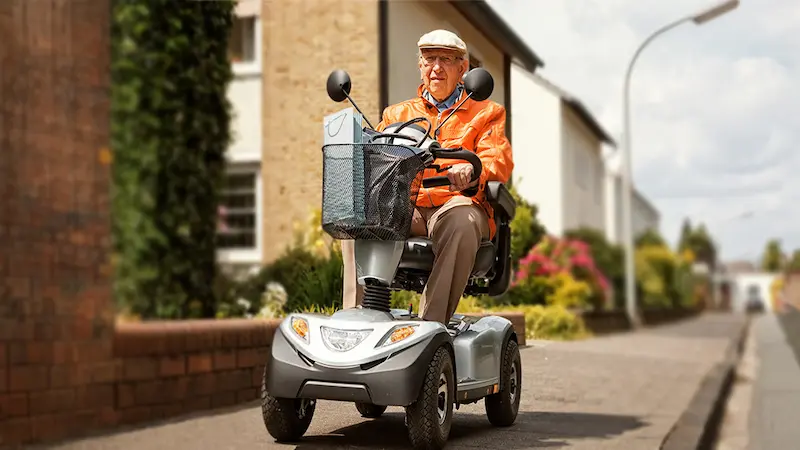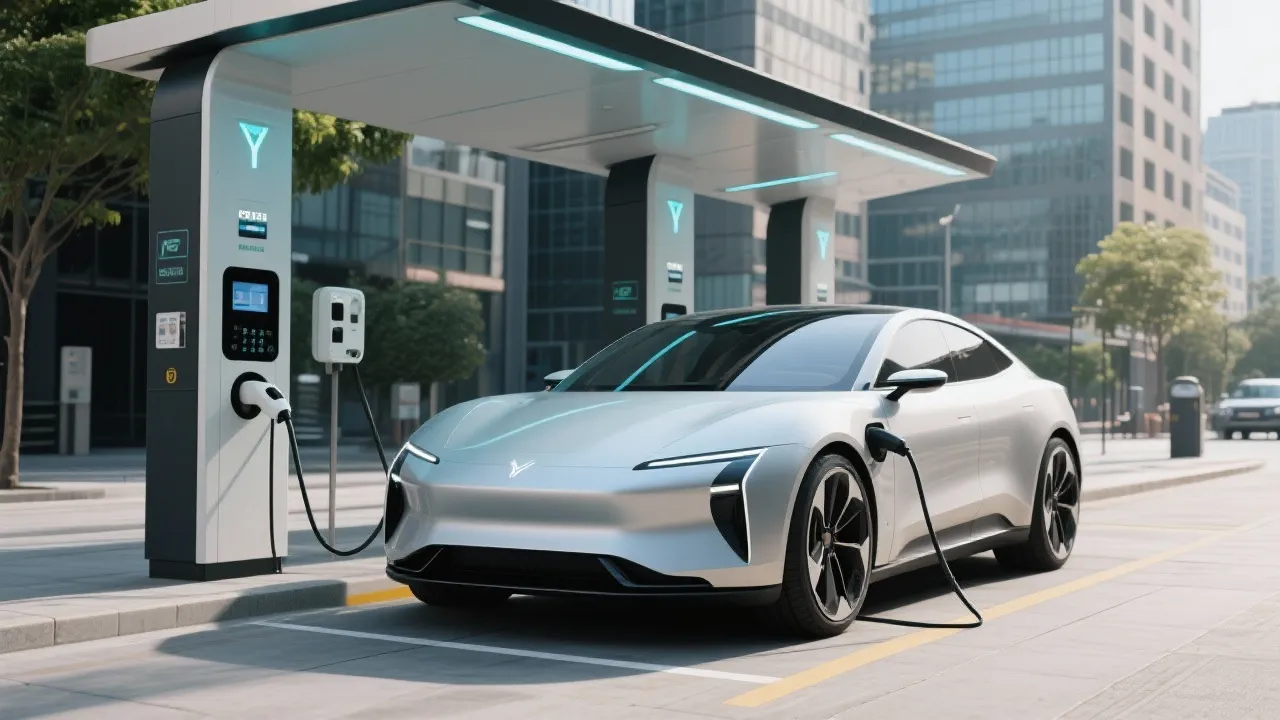Maximizing Medicare Benefits for Senior Mobility Scooter Users
As the population ages, the importance of ensuring senior citizens retain mobility and independence becomes increasingly critical. For many seniors who have limited mobility, mobility scooters serve as a vital tool for enhancing quality of life. However, understanding how to maximize Medicare benefits for mobility scooter usage can be complex. This article aims to provide an overview of how seniors can navigate Medicare provisions to make the most of their mobility assistance devices.

Understanding Medicare Coverage for Mobility Scooters
Medicare, the federal health insurance program for individuals aged 65 and older, covers a variety of medical supplies and equipment, including mobility scooters. However, specific eligibility criteria and coverage limitations exist.
Eligibility Criteria:
- Medical Necessity: To qualify for Medicare coverage, a medical professional must deem the scooter as "medically necessary." This typically involves demonstrating that the scooter is required for mobility within the patient’s home and that the patient cannot effectively use other forms of mobility aids, such as canes or walkers.
- Documentation: Documentation in the form of notes from physicians or other healthcare providers must provide detailed information on the patient's condition and the necessity of the mobility scooter.
- Rental vs. Purchase: Medicare generally covers scooters as a rental service rather than an outright purchase, although there are instances where they may approve a purchase.
Steps to Maximize Benefits
- Consult with Healthcare Providers: Begin with a thorough consultation with healthcare providers to discuss the individual's mobility issues and assess the need for a mobility scooter. Documentation must clearly reflect the necessary medical justification for a scooter.
- Choose the Right Equipment: Selecting the appropriate type of scooter is essential. Medicare covers various models, but the coverage may differ depending on whether it's categorized as a power-operated vehicle or a manually operated one. Discuss with healthcare providers what is most suitable and eligible.
- Utilize a Medicare-Approved Supplier: Ensuring that the supplier is Medicare-approved is critical. Only equipment purchased or rented through these suppliers is eligible for coverage. A list of approved suppliers can typically be found on the Medicare website or by contacting Medicare directly.
- Review Benefits Thoroughly: Familiarize oneself with specific coverage details, including costs that may arise from co-payments, deductibles, or services not covered. Many insurance plans under Medicare may have additional stipulations regarding mobility scooters.
- Appeal Denials: If Medicare denies a claim, it's vital not to lose heart. There is a formal appeals process in place. Reviewing the denial reasons carefully, gathering additional supportive documentation, and following the appeals procedures outlined by Medicare can improve the chances of receiving the benefits.
Frequently Asked Questions (FAQ)
Q1: Do I need prior authorization for a mobility scooter under Medicare?
A1: Yes, a prior authorization may be required depending on your location and specific plan. It is best to check with your healthcare provider and your plan.
Q2: What types of mobility scooters does Medicare cover?
A2: Medicare covers scooters that meet defined medical necessity criteria. Generally, these include motorized scooters known as power scooters, which are suitable for use inside the home and may also be used outside.
Q3: Will Medicare cover the cost of maintenance for my mobility scooter?
A3: Medicare does not typically cover maintenance costs. Expenses related to repairs or maintenance are the responsibility of the scooter owner.
Q4: Can I use my mobility scooter outside my home?
A4: Yes, but Medicare coverage applies primarily when the scooter is deemed necessary for home mobility. For outside use, it is advisable to discuss with your provider.
Conclusion
For seniors relying on mobility scooters, understanding Medicare’s provisions is essential for maximizing benefits. By consulting healthcare providers, carefully documenting medical necessity, using Medicare-approved suppliers, and being prepared to navigate the appeals process, seniors can ensure their mobility needs are met effectively. Seniors and their caregivers should be proactive in researching and understanding their Medicare options to facilitate continued independence and quality of life.
References
- Medicare.gov
- National Mobility Equipment Dealers Association (NMEDA)
- Center for Medicare Advocacy
These resources provide up-to-date information and guidance regarding Medicare coverage for mobility scooters and other essential medical equipment.
-

A Guide to Cost-Efficient Small Electric Cars for Seniors
-

Mastering Debt Consolidation: Boost Your Credit Score and Manage Interest Rates
-

Your Guide to Loans, Credit Checks, and Interest Rates
-

Affordable Independent Living: Finding the Right Senior Housing
-

Guide to Senior Living Apartments: Affordable and Comfortable Environments









